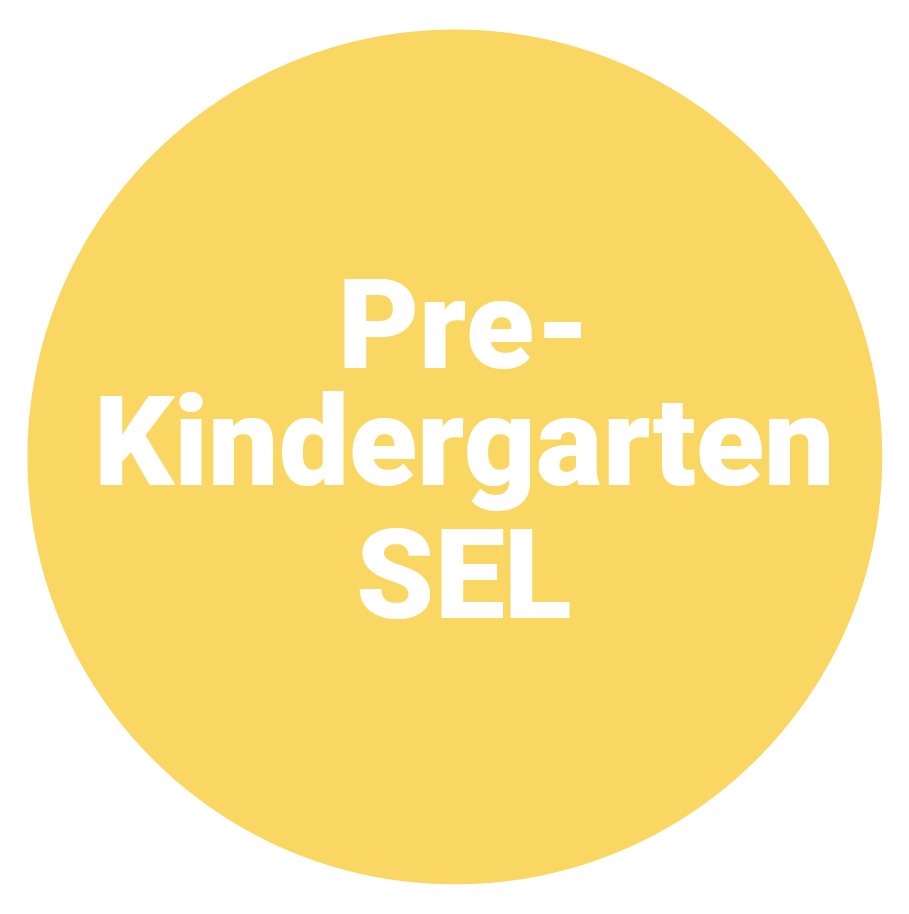Why This is Important
Traumatic experiences or events can affect a young child’s learning and/or behavior. Young children depend on parents and caregivers for survival and protection — both physical and emotional. Families should reassure their children that the adults in their lives are working to keep them safe.
Quick Activity

Children who experience trauma often need help feeling secure. Hugs, cuddles, and pats on the back reassure children that you are there for them. Sit down to talk and laugh with your child, cuddling them close, as often as possible every day.
More Activities and Games

Exercise is a great way to help children destress and relax. Stand with your child and do some stretching. Stretch up toward the sky as far as you can. Bend as far down as you can and try to touch your toes. Pretend to be a tree and bend from side to side with your arms waving in the air.

Create normalcy in your child’s life by having a predictable routine, doing the same things at the same time every day. Help your child learn the routine by creating a schedule chart using photos or drawings showing your child doing each daily activity such as getting dressed, eating a meal, playing outdoors, and going to bed. This will give your child a visual representation of what is going to happen next. If there is a going to be a change in the routine, tell your child ahead of time.

Allowing your child to make decisions about appropriate issues gives them a sense of control over their life. Give your child choices such as choosing one of two snacks, choosing between two pair of pants or shirts, or choosing between swinging or sliding at the park. Limiting the number of items to choose from will make it easier for your child to successfully make a choice.

